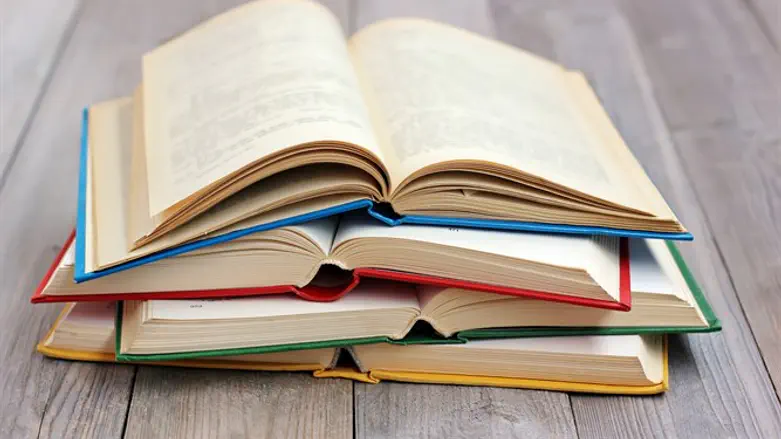
A recent report compiled by the IMPACT-se has concluded that the education system in Saudi Arabia has taken “a dramatic leap forward … along the moderating path that we have identified in recent years.”
IMPACT-se is an Israel-based organization – the Institute for Monitoring Peace and Cultural Tolerance in School Education – and has been tracking education systems including textbook content across the world for over two decades, focusing on efforts to discourage radicalism and promote more liberal ways of thinking. Its most recent report, issued at the end of last month, describes significant improvements made to the Saudi curriculum, with anti-Semitic and ultra-conservative content removed in many cases.
The report cites a number of instances where textbook references even to Islamic texts were either removed or abbreviated in order to bring out differing interpretations of the Koran or hadiths. For example, one lesson designed for sixth-graders related the visit of Mohammed to a sick Jewish boy and focused on the importance of behaving correctly to non-Muslims. Previous versions of the same lesson-plan instead focused on how Mohammed saved the Jewish boy from “hellfire.”
“The greatest changes have been made to lessons dealing with Jews, Christians, non-believers, and violent jihad; twenty-eight lessons featuring demonization of the other and religious intolerance were removed or heavily modified,” the report states. For example, “an entire textbook unit on jihad was scrapped. While problematic material remains in Saudi textbooks, these represent profound changes in these categories.”
With regard to Israel, maps in all Saudi textbooks depict the entire area of Israel (plus Gaza) as “Palestine,” and refer to the “Zionist occupation.” However, several inflammatory passages have been removed – for example: “In a chapter about the Al-Aqsa Mosque, students were taught that Jews expel thousands of people from their homes and properties, attack worshippers, harass and arrest people, shut down charities, and generally do everything to make Islamic life in Jerusalem impossible.” This passage no longer appears.
Other deletions refer to the Temple Mount and the Al-Aqsa Mosque, particularly significant given the fact that Al-Aqsa is a frequent flashpoint for violence. Older textbooks included passages alleging that the Jews showed no interest in the site prior to Mohammed’s visit to it, and accused “the Jews” of seeking to destroy the mosque.
For instance:
Activity 2: Al-Aqsa Mosque is now under the Zionist Occupation. It was subjected to a number of attempts to destroy and Judaize it. Together with your classmates, find three examples of Zionist offenses against the Al-Aqsa Mosque, and three ways to support it.
These and similar passages have now been removed in many instances.
However, Zionism is still described as a “Jewish racist political movement, European in its origins and beginnings, which aims to expel the Palestinian people and establish a Jewish state by force by encouraging Jewish immigration into Palestine.”
The Times of Israel spoke with Marcus Sheff, CEO of IMPACT-se, who noted that IMPACT-se’s reports have reached senior officials in the Saudi regime and added that he personally is “indirectly in contact” with senior Saudi decision-makers.
Sheff described a “sea change” in Saudi textbooks over the past few years, distinct from what had been seen since IMPACT-se began monitoring the country almost two decades ago.
“What we saw from 2003 was a radical, Wahabi curriculum,” Sheff said, “the kind of curriculum that inspires young Saudis to commit terror acts.”
“We went back and looked at the 2020 curriculum,” he continued, “and saw really significant change. We saw an institutional effort to modernize the curriculum and most of the problematic, egregious examples of incitement, of antisemitism, about infidels, had been removed. This speaks to the Saudis’ commitment to a school curriculum which is more modern, which is not radical, which is not inciting young people to violence, but which offers young Saudis opportunities of interacting with the wider world.”